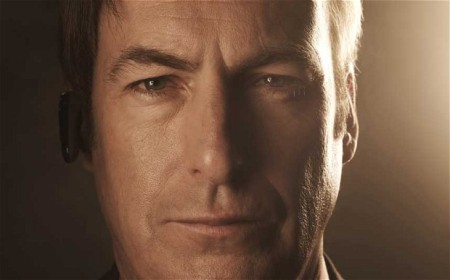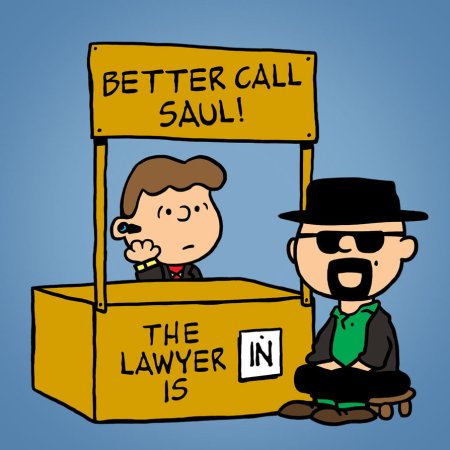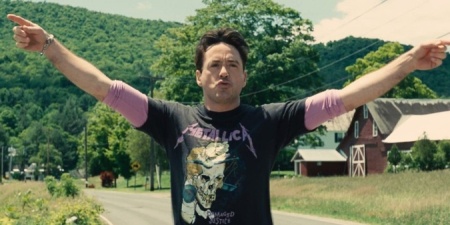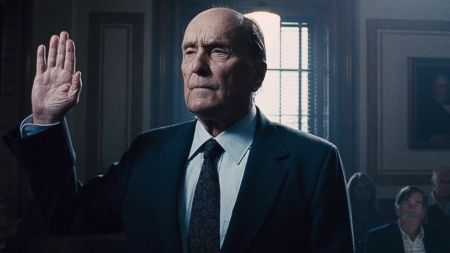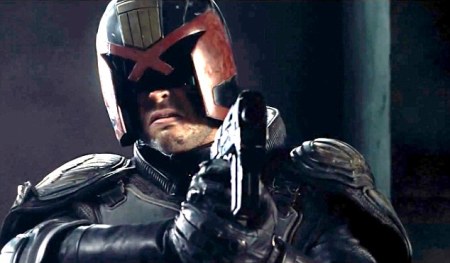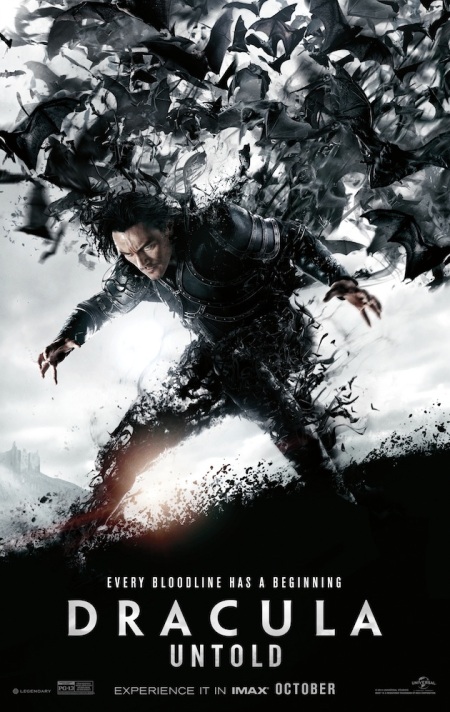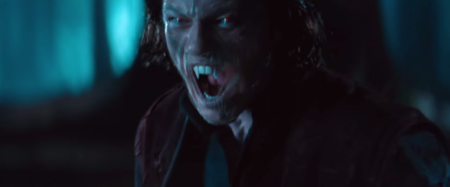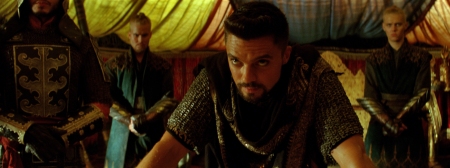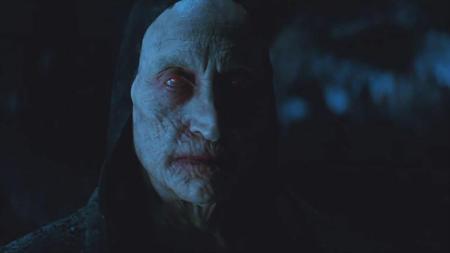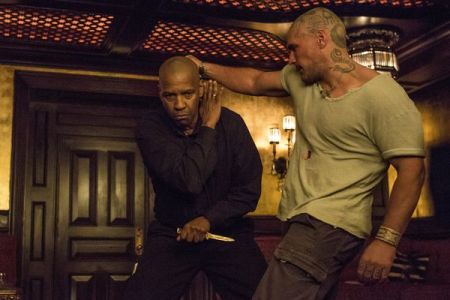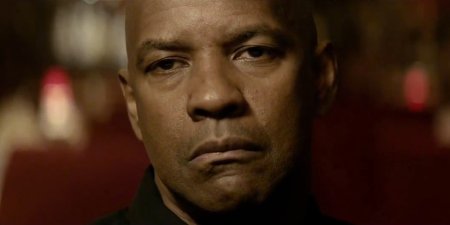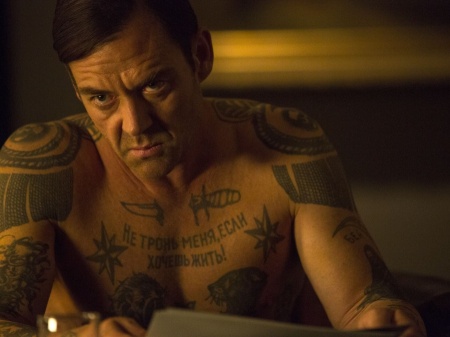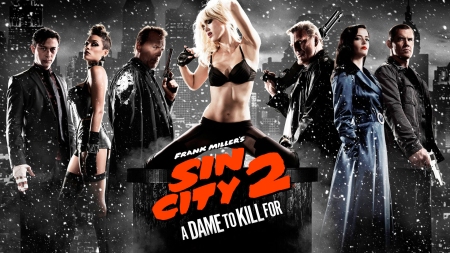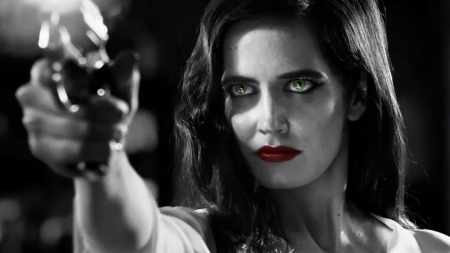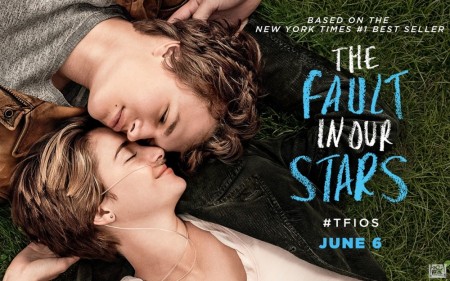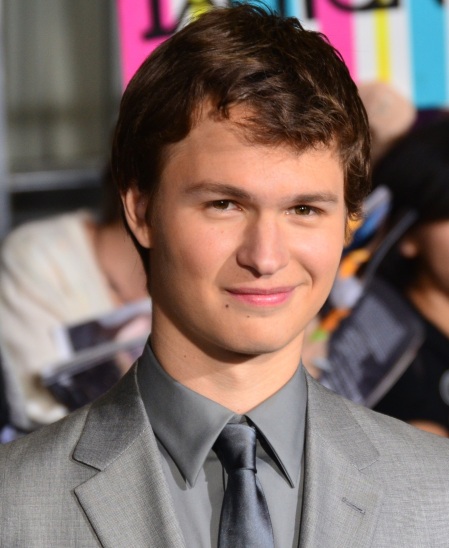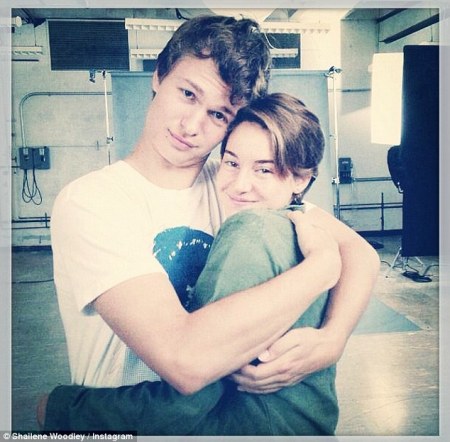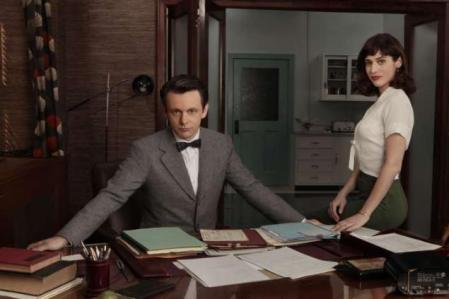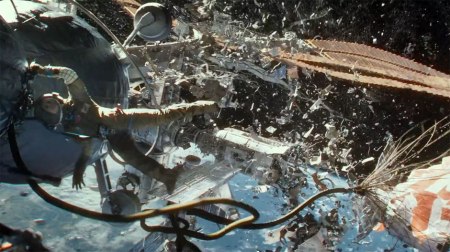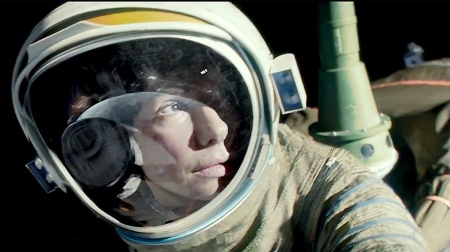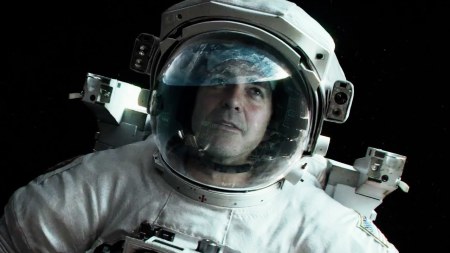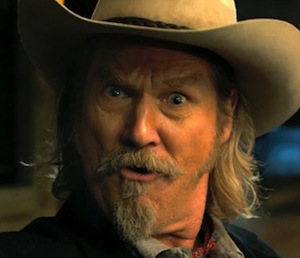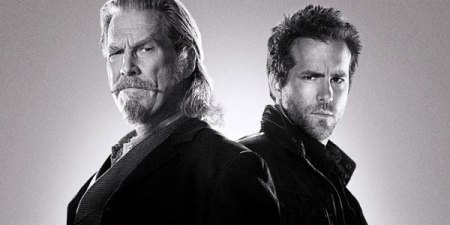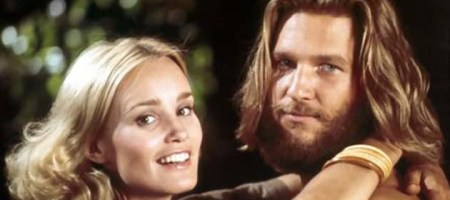Australian fans of the acclaimed US prison drama Orange is the New Black are likely to be taking a sickie and turning off their phones on Friday June 12, because the entire third season of the series will be going to air on Foxtel station Showcase from 2pm that afternoon (as well as on streaming service Netflix).
And among the familiar faces at Litchfield Penitentiary will be a new inmate played by someone local audiences will instantly recognise.
Best known here as a model, presenter, ambassador and activist, Ruby Rose is adding a new string to her bow by joining the show’s cast.
As Stella Carlin, Rose will become entangled in a love triangle with fellow convicts Piper Chapman (Taylor Schilling) and Alex Vause (Laura Prepon). But beyond that, not much is known about Stella, so what can Rose tell us about this character?
“Well, congratulations, you now know everything I’m allowed to tell you!” laughed Rose. “We want everyone to find out about her as the story unfolds. But Stella has been a pleasure to play – she’s very witty, charming and charismatic, and she’s involved in a storyline that is exciting and a bit fiery. It’s always good to ruffle some feathers when you’re new to a show.”
Something Rose can discuss, however, is how she became part of Orange is the New Black’s cast.
“I’d made and released a short film called Break Free, an autobiographical sort of film about my thoughts on gender roles and gender fluidity, and it went crazily viral – it was watched by millions of people on social media and YouTube,” she said.
“And after that happened I was contacted by my manager, who had heard from this amazing casting director who casts Orange is the New Black and Girls and a lot of great shows, and she asked if I’d be willing to audition for the character of Stella. I’m such a huge fan of Orange that I jumped at the opportunity.
“I mean, the show is full of such great characters, and it has this amazing dynamic where it’s so perfectly real and dark and emotional but it can then switch to being light-hearted and funny and ridiculous.
“It was my first-ever television binge-watch – I started watching on a Sunday and before I knew what had happened it was Tuesday! But it also spoke to me because it covers everybody – every possible demographic of sexuality, ethnicity, age. I relate to so many different people on it.”
Despite receiving only two pages of script and almost no information about Stella, Rose nailed the audition and won the role, and from there it was a whirlwind process of getting on-set and getting into character. Given the much-publicised camaraderie of Orange is the New Black cast and crew, one can only assume she was immediately made welcome.
“No, they were horrible,” she deadpanned, before breaking into a laugh.
“I remember reading things like that as well – I found out everything I possibly could about the making of the show before my first day on-set, and I hoped it was true. It couldn’t have been more true, because I’ve never met so many beautiful, kind supportive women. And to welcome me like they were waiting for me and to make me feel like I’d been there for years, it was better than I could imagine.”
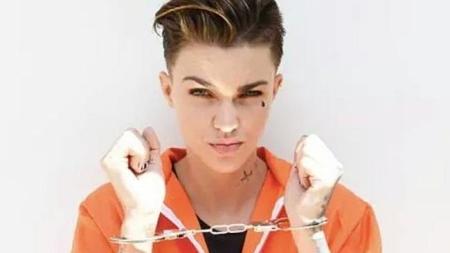



 Posted by Guy Davis
Posted by Guy Davis 